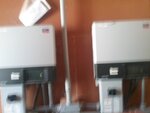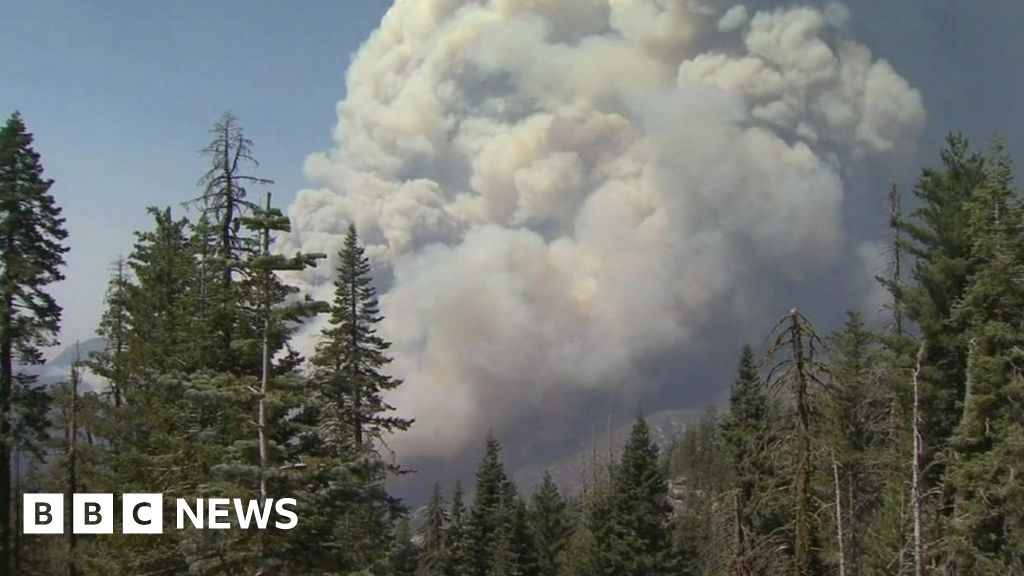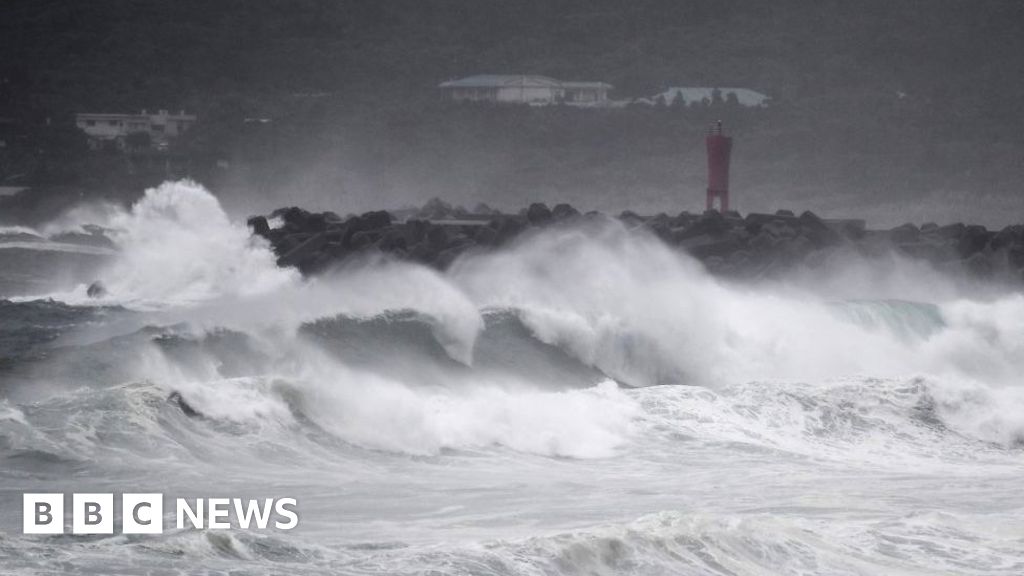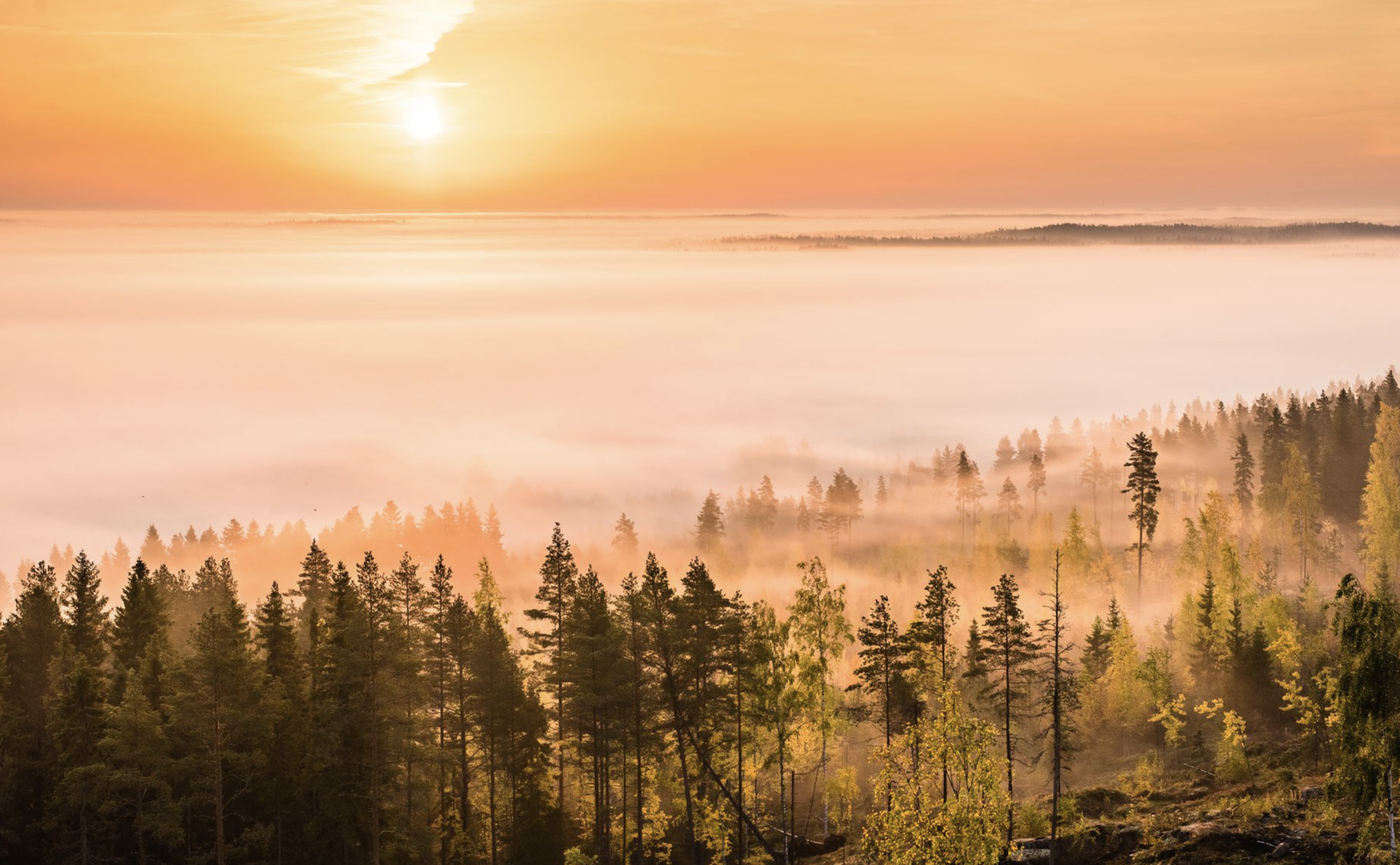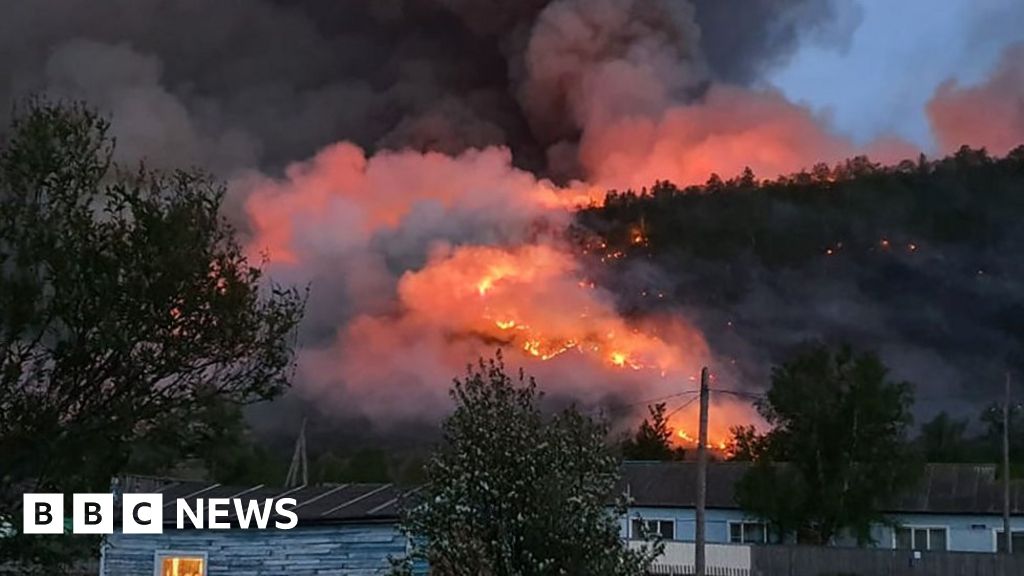Solar is a good option for residential needs. Battery or grid, close or far.
I studied it extensively, read a few books, and talked to a dozen 'pros' in the biz. After many months I came to the conclusion that was an expensive option upfront, but you get the most ROI if you own them. Buying power off your own grid at a corporate fixed rate is NOT the best option, but surely many will still opt for that.
The parts for a solar arrays come from Asia - just like our bikes. Some of it is great, some not so much. The panels themselves are solid technology with good warranties, plenty of big-names in that business. Controlers and hook-up has solid technology, and works very well. I was able to target cost per watt of output at about a dollar a watt, DIY. The installers were selling them at $5 per watt. There's a LOT of money being made in the solar business.
Since I planned to sell my home and move within a few years I opted out. The old central air quit, so we replaced it with mini-splits, and did more insulation and weather proofing. We stay in the cheaper tier of power, but get really close sometimes. I took my marine reef tank down - it was a power hog with pumps, heaters and chillers and lights. Still run a pool pump a few hours a day, and the old aqarium pump runs the pond. We run a lot of lights in the winter time, but everything is led or low-wattage.
The moral of the story is that my craft beer spending is roughly twice what my power bill is, so I can't really complain. LOL
While learning about solar systems I put my own unit together for our RV. It does a remarkable job at supplying what power we need off the grid. Its kind of fun to sit out in the boonies and want for nothing.
This is a 160w folding panel with a cheap controller for 12V - charges two golfcart batteries, there's an inverter for the big-screen led TV, and all lighting has been converted to led. The power hogs are now the fridge board, and the furnace. It stores in the basement so it's out of the way of damage on the road, and you can move it to front or back to get the best solar angle. If I spent a lot of time in the cold I would probably install a gas-fired heater.
From Zion Park area in Utah, The Zion Ponderosa. Definitely worth a drive up there, the countryside is gorgeous.


